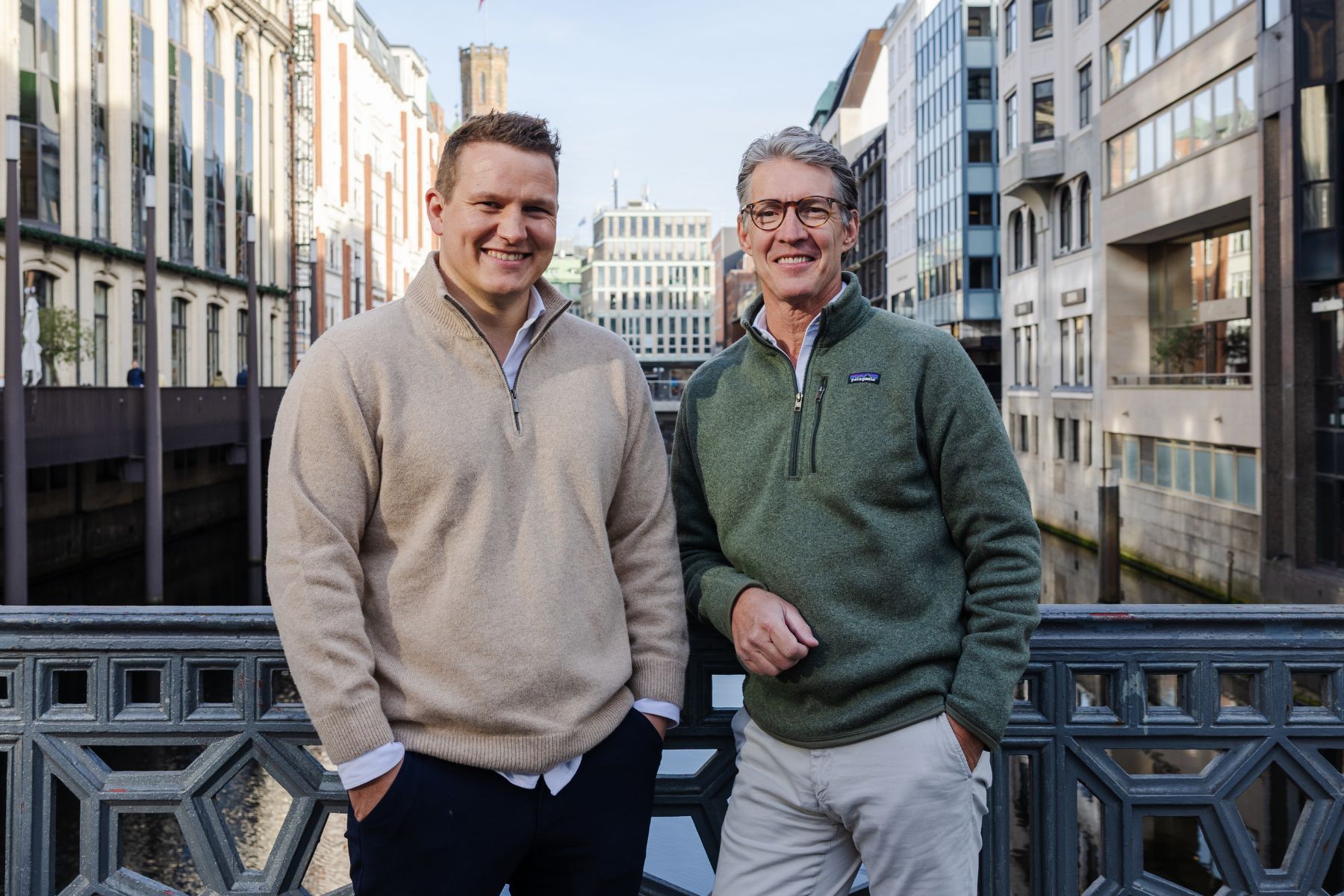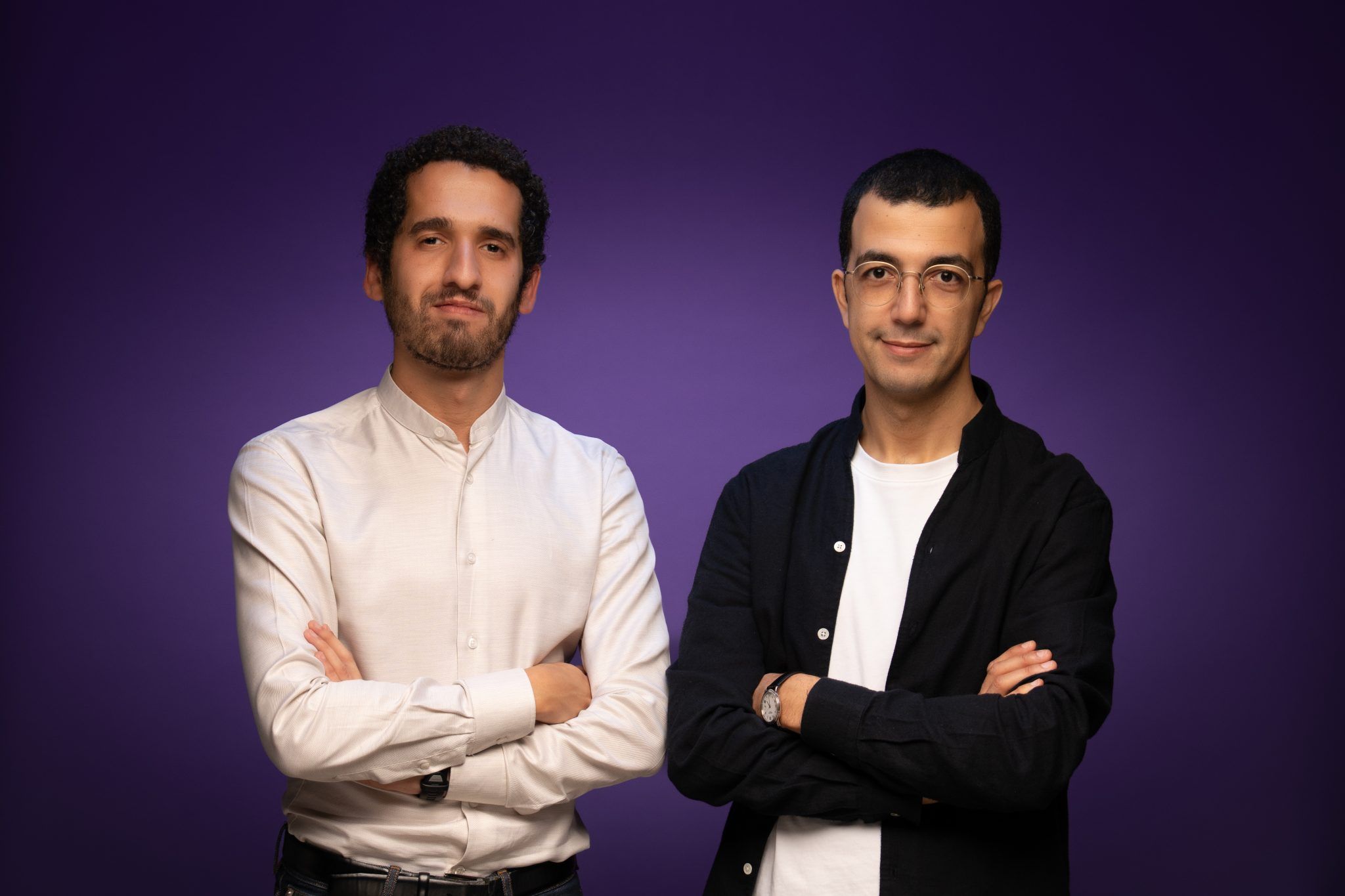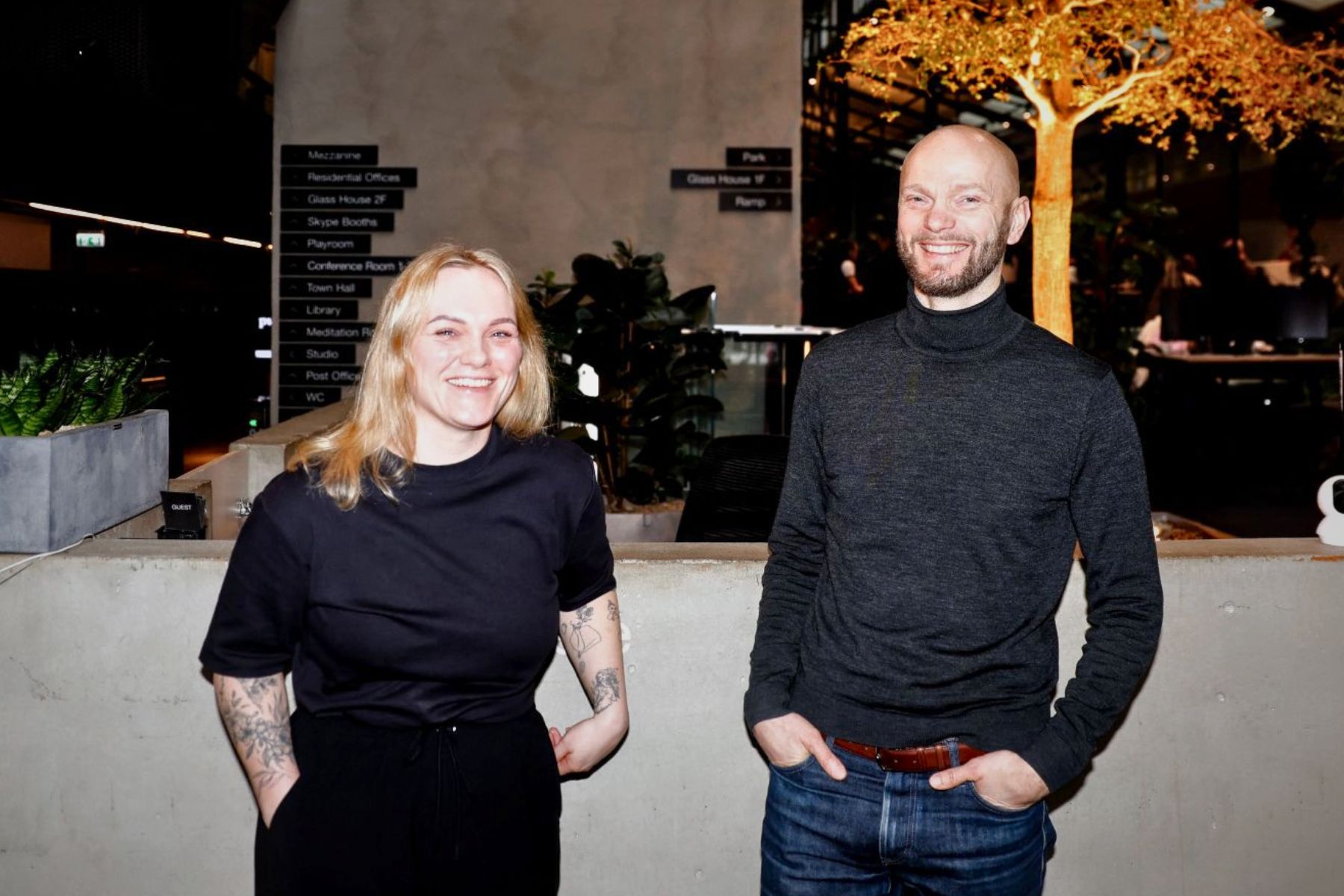Oyster Bay launches €100m foodtech fund: ‘Founders should reach out early’
German VC Oyster Bay has closed a new €100 million fund to back the next wave of agrifood tech startups. <br><br>We cover:<br>- The fund's ticket size and focus<br>- The types of companies its looking back<br>- Why now might be the best time to invest in foodtech
.png)

Hamburg-based venture capital firm Oyster Bay has announced the final close of its second fund at €100m, in what it says is one of the largest VC fund's of its kind in Europe.
Anchor investors in the new investment vehicle include the European Investment Fund (EIF) and KfW.
“We’re looking for impact driven agtech and food tech companies across the whole value chain – both B2B and B2C,” managing partner Felix Leonhardt told Impact Loop via email.
The fund has an initial ticket size of €1m-€4m, with “significant” reserves for follow-ons. It mainly targets seed stage and Series A companies.
“Ideally founders [should] reach out super early as we like to get to know them over time before investing,” said Leonhardt.
Christoph Miller, founder and managing partner at Oyster Bay, said he sees particular value in niches such as sustainable raw materials, alternative proteins, and data-driven supply chains.
“It is in the supply chains that the success of the transformation is decided,” Miller said. “Efficient, transparent, and resilient structures are the foundation of any sustainable food economy.”
Progress so far
Oyster Bay has made 19 investments from its first fund, including in AirUp, True Gum, and GoodBytz. Most recently, it led UK startup Arda Biomaterials’ €4.5m seed round for a technology that turns beer waste into leather.
Notable exits include Grillido, Lycka, and Oatly – which went public at a $10 billion valuation in 2021.
Oyster Bay launched in 2016, when the foodtech movement was in its nascent stages. Since then, the sector has boomed – with tens of billions in VC investment backing everything from cultivated meat to delivery apps.
At its peak, in 2021, foodtech startups globally attracted $61 billion. However, funding has dropped off significantly since then, with $16 billion secured in 2024. Hoards of startups have also gone bankrupt as the sector consolidates.
Best time to back foodtech?
Despite the apparent downturn, Leonhardt believes now is the best possible time to invest in foodtech.
“The hype has faded, many of the weak ideas have failed, and the companies that remain have learned hard lessons,” Leonhardt recently told Impact Loop in a separate interview.
“That’s when you start to see real quality emerge," he says. "There’s a lot more quality in products, people, and a deeper understanding of what it takes to make it in the food sector.”
“The underlying thesis behind investing in foodtech is still correct,” Leonhardt continues. “It’s tackling a huge sector that needs to build stronger supply chains, adapt to regulation, and cater to population growth, climate change – you name it. Those problems aren't going away."
Get full access to Europe's new platform for impact news
- Quality journalism, interviews, investor profiles and deep-dives
- Daily newsletter with top stories, latest funding rounds and roundup to keep you in the loop
Keep reading – get in the loop!
- Håll dig i loopen med vårt dagliga nyhetsbrev (gratis!)
- Full tillgång till daglig kvalitetsjournalistik med allt du behöver veta inom impact
- Affärsnätverk för entreprenörer och investerare med månatliga meetups
Fortsätt läsa – kom in i loopen!
- Håll dig i loopen med vårt dagliga nyhetsbrev (gratis)!
- Full tillgång till daglig kvalitetsjournalistik med allt du behöver veta inom impact
- Affärsnätverk för entreprenörer och investerare med månatliga meetups









